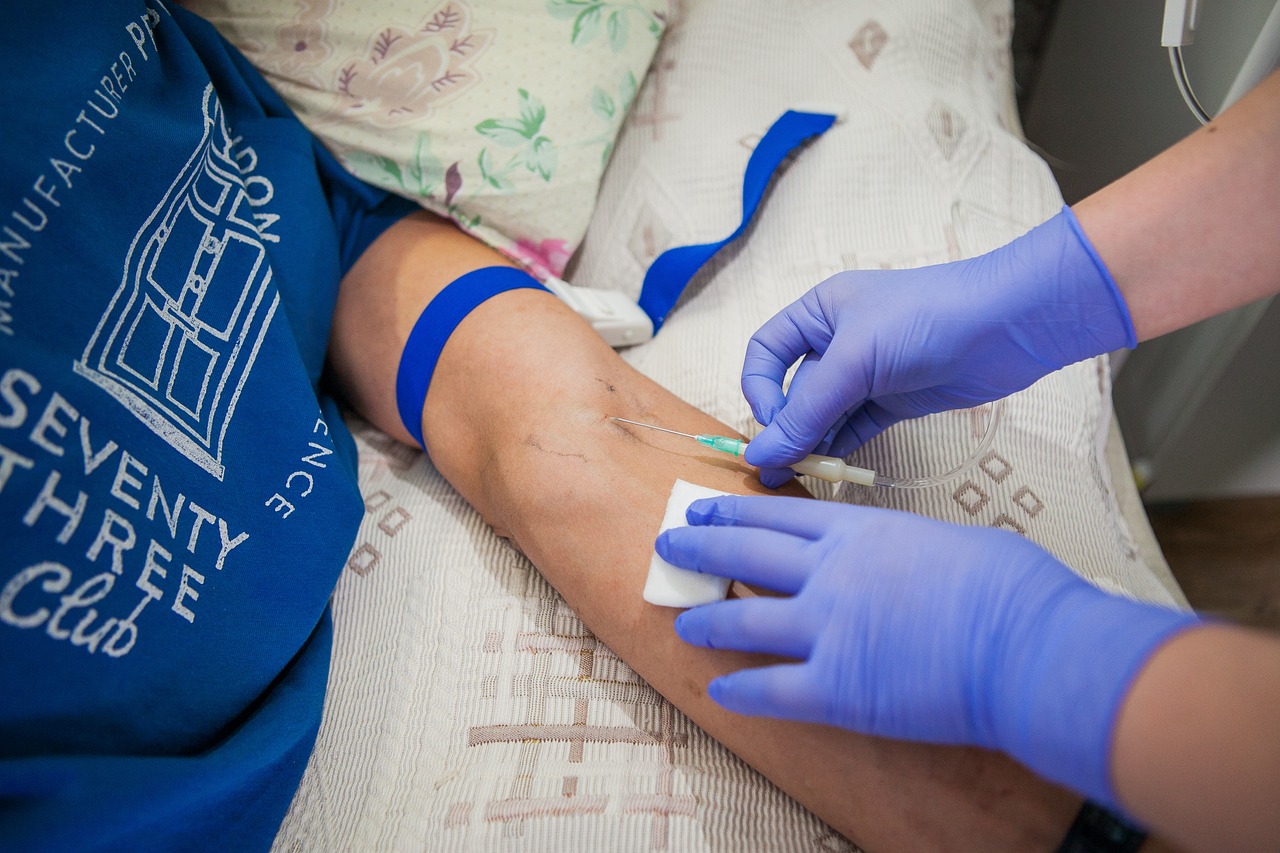
In today’s fast-paced world, it’s easy to get caught up in the hustle and bustle of everyday life, often neglecting our own mental health in the process. However, taking care of ourselves is crucial to our overall well-being and can greatly improve our mental health. Effective self-care practices can help us manage stress, reduce anxiety and depression, and improve our overall quality of life. In this article, we will explore some practical and effective self-care techniques that can help you achieve improved mental health.
1. Understanding the Importance of Self-Care for Mental Health
Self-care is a crucial aspect of maintaining good mental health. It involves taking care of your physical, emotional, and mental well-being by engaging in activities that promote relaxation, stress reduction, and overall health. Many people neglect self-care, thinking that it is selfish or unnecessary, but it is essential for preventing burnout, managing stress, and improving your overall quality of life.
Self-care can take many different forms, depending on your individual needs and preferences. Some examples of self-care activities include:
- Taking a warm bath or shower
- Going for a walk or engaging in other forms of exercise
- Meditating or practicing mindfulness
- Getting a massage or other form of bodywork
- Spending time in nature
- Engaging in creative activities, such as painting or writing
These are just a few examples of the many ways that you can practice self-care. The important thing is to find activities that help you feel relaxed, rejuvenated, and refreshed. By prioritizing self-care, you can improve your mental health, reduce stress, and enhance your overall well-being.
2. Practical Strategies for Effective Self-Care
Self-care is essential for maintaining good mental and physical health. Here are some practical strategies that can help you take care of yourself:
- Get enough sleep: Sleep is crucial for overall health and well-being. Aim for 7-9 hours of sleep each night. Establish a bedtime routine that helps you relax and wind down.
- Eat a healthy diet: A balanced diet is essential for good health. Eat plenty of fruits, vegetables, whole grains, and lean proteins. Avoid processed and sugary foods as much as possible.
- Exercise regularly: Exercise is an excellent way to reduce stress, improve mood, and boost overall health. Aim for at least 30 minutes of moderate exercise most days of the week.
- Practice mindfulness: Mindfulness can help reduce stress, anxiety, and depression. Try meditation, deep breathing, or yoga to help you stay present and focused.
Remember that self-care is not selfish. It is necessary for maintaining good health and well-being. By taking care of yourself, you will be better equipped to handle the challenges of everyday life. So, make self-care a priority and incorporate these practical strategies into your daily routine.
3. The Benefits of Prioritizing Self-Care for Improved Mental Health
Self-care encompasses a range of activities and practices that promote physical, mental, and emotional well-being. Prioritizing self-care can be a powerful tool for improving mental health and reducing the negative effects of stress. Here are some of the benefits of prioritizing self-care:
- Reduced stress: Self-care practices such as meditation, yoga, and deep breathing can help to reduce stress levels and promote relaxation.
- Improved mood: Engaging in activities that bring joy and pleasure, such as spending time with loved ones, reading a good book, or taking a relaxing bath, can help to improve mood and reduce symptoms of depression and anxiety.
- Better sleep: Prioritizing self-care can also improve sleep quality, which is essential for good mental health. Practices such as establishing a regular sleep routine, avoiding caffeine and electronic devices before bed, and creating a comfortable sleep environment can all help to promote better sleep.
In addition to these benefits, prioritizing self-care can also help to increase resilience, boost self-esteem, and improve overall quality of life. It’s important to remember that self-care looks different for everyone, and what works for one person may not work for another. However, by taking the time to prioritize self-care and experiment with different practices, individuals can find the tools and strategies that work best for them and improve their mental health and well-being. In conclusion, practicing effective self-care is crucial for improving our mental health. By taking the time to prioritize self-care, we can reduce stress, improve our overall well-being, and increase our ability to cope with life’s challenges. Remember, self-care is not selfish, it is essential. Whether it’s taking a walk, practicing mindfulness, or seeking professional help, there are many ways to incorporate self-care into our daily lives. By making self-care a priority, we can achieve better mental health and lead happier, more fulfilling lives.








